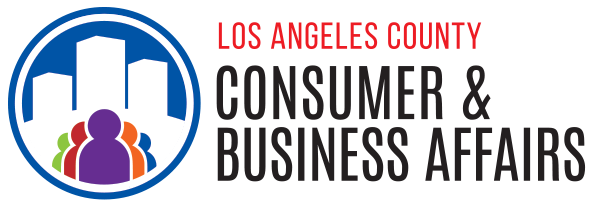Updated Jan. 4, 2016
As much as you enjoyed seeing your friends and family open the gifts you purchased, are you now realizing that you spent more than you meant to during this holiday season? January’s credit card statements have arrived which mean it’s may be time for you to tackle any post-holiday debt.
Here are 10 tips that will help you conquer your debt:
- Face Reality and Calculate Your Debt: Don’t put your head in the sand and ignore your bills. To understand your debt you must first assess the damage. It might not be a pretty sight, but it’s important for you to understand your situation. Review your credit card statements to determine your total debt and how much you need to pay in monthly payments. The Consumer Financial Protection Bureau’s debt management worksheet is a good first step to taking inventory of your debt. Freddie Mac also has a useful worksheet to help you take stock of your debt.
- Consider Consolidating Your Debt: If you are facing credit card debt from multiple cards, you may consider consolidating them to one card. Taking advantage of no or low interest rate credit card balance transfers could help to lower your monthly payment. Plus, the dealing with a single credit card may be easier for you to manage. Before consolidating your credit cards, be sure to review the fees of the new card you are considering to ensure that it is worth the switch. Also, make sure you know how long the introductory zero interest rate offer applies. You’ll want to pay off the card before the offer ends.
- Prioritize Debt & Create a Payoff Plan: If you’re unable to consolidate your credit cards, then you should prioritize them. In general it is better to pay off the card with the highest interest rate first because you’ll save money by paying less in interest. Alternatively, some people prefer the “snowball method” to reducing debt. This method calls for you to focus on the credit card with the smallest debt first, regardless of the interest rate. You may prefer this method if are motivated by seeing your debts paid off quickly. The Consumer Financial Protection Bureau’s debt-reduction worksheet provides for more information about the high interest rate and snowball methods.
Regardless of which method you choose, create a plan and stick to it. Getting out of debt requires discipline. Visit mymoney.gov for sample budgets and debt reduction plans.
If you have money stored away in an emergency saving fund, you can also consider using that money to pay off your debt as long as you are committed to rebuilding the fund to the standard 3-6 months of savings. - Pay More Than the Minimum: Always try to pay more than the minimum amount required on your credit cards. Consider using any extra money you have available to help you pay off your credit card debt. The faster you pay it off, the less you’ll have to pay back in interest.
- Don’t Add More Debt: Your goal is to pay off the debt you accrued during the holiday season, not to add to it. If you’re tempted to continue spending, then take your credit cards out of your wallet and store them away. Accumulating more debt will only lengthen the time it will take you to become debt free.
- Tighten Your Budget: Now is the time to really control your spending and expenses. Cut back on non-essentials like eating out or entertainment. Instead, look for other cost effective options like packing your lunch or attending free concerts and community events. Take stock of your regular, recurring expenses such as cell phones, gym memberships and cable TV to decide if you really need these items. You can also and check to see if a competitor is offering a better deal that could save you money. Let technology help you. There are many smartphone apps that can help you track your spending based on the budget you’ve created. Some of them even have bill pay reminders to alert you of upcoming bill due dates.
- Generate Extra Income: Think of ways you can earn extra money to pay down your debt. Perhaps you could have a garage sell or sell valuable items on through an online auction to make a few extra bucks. You may even consider seasonal work or a part-time job to help you take control of your finances.
- Return Unwanted Gifts: If you received gifts that you do not want or need, then you might be able to return them to the store. Based on their return policy, some stores may accept returns without a receipt. Perhaps that sweater you don’t like can buy household items that you need which saves you the expense of paying for them out-of-pocket
- Track Your Progress: It’s important to keep yourself motivated. By monitoring your progress you’ll be encouraged to keep going because you will see what a great job you’re doing! And if you’re not doing so great, then you’ll see that you need to get back on track.
- Plan for Next Year: Learn from your mistakes. Now that you know the consequences of getting into holiday debt, make sure to avoid it next year. Set a holiday spending budget and create a holiday savings fund early in the year. This can help you enjoy the holidays and avoid any present-buyer’s remorse after the holidays are over.

